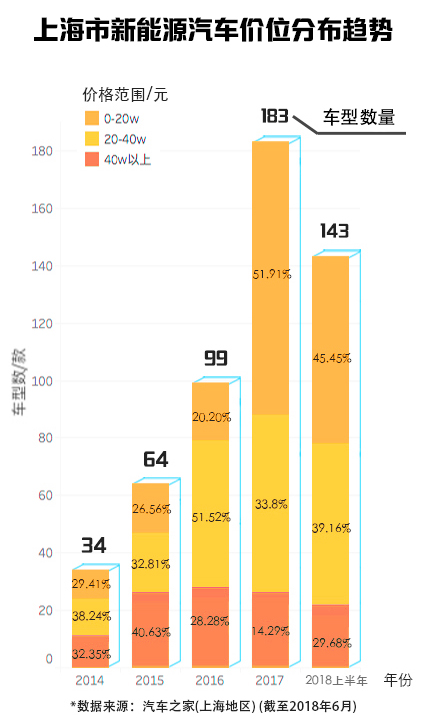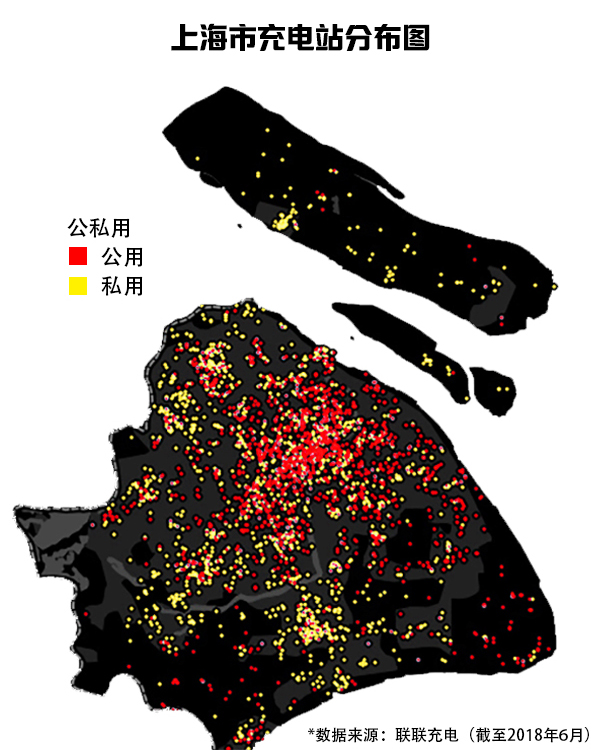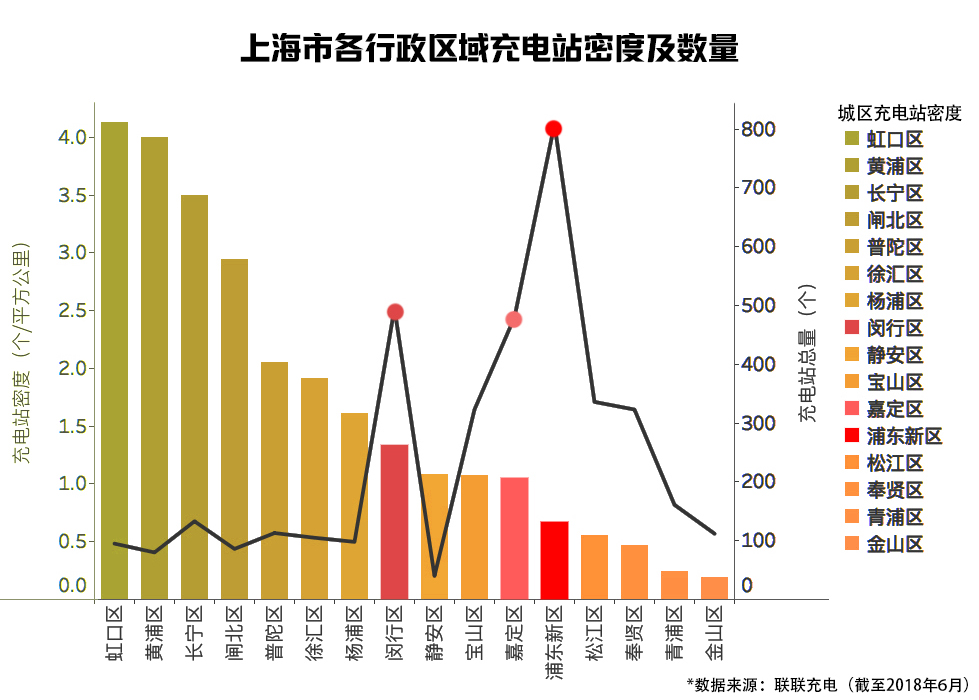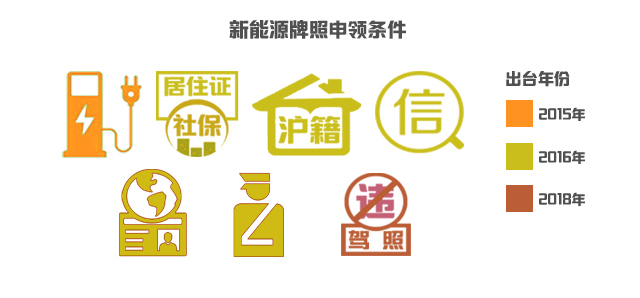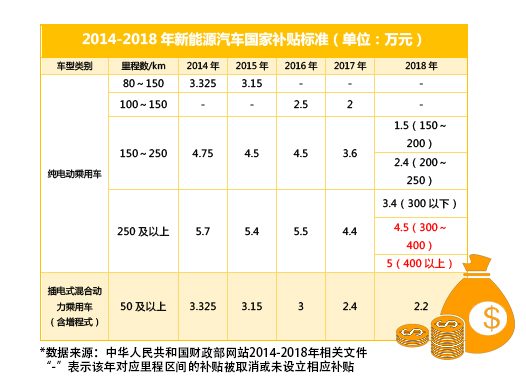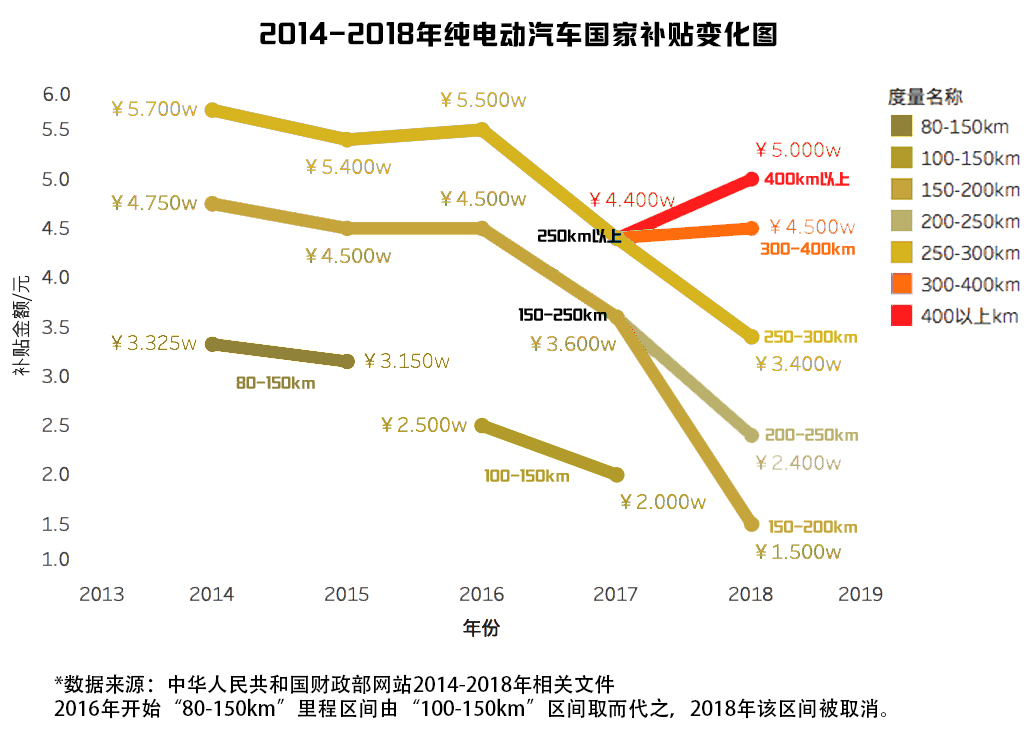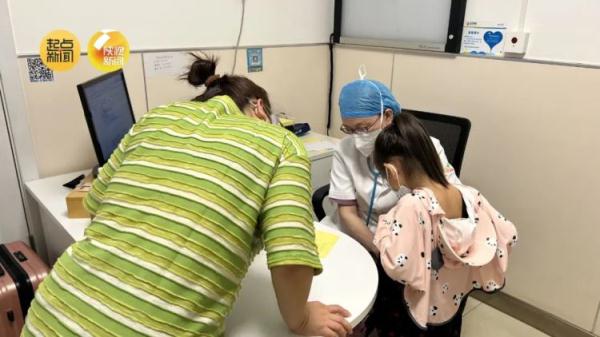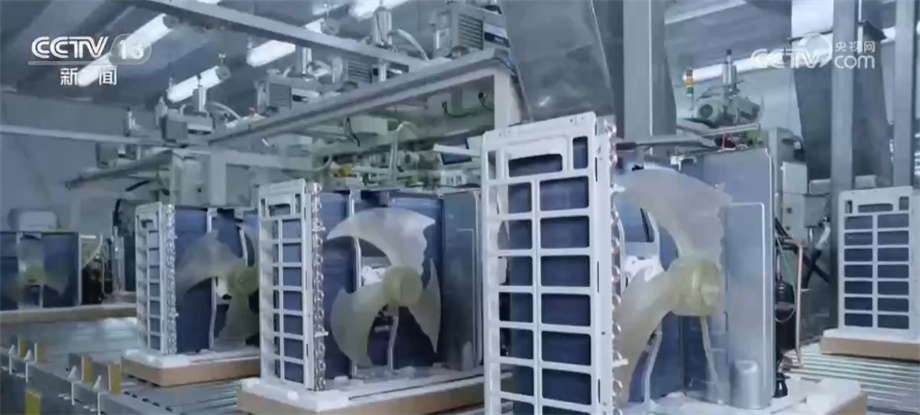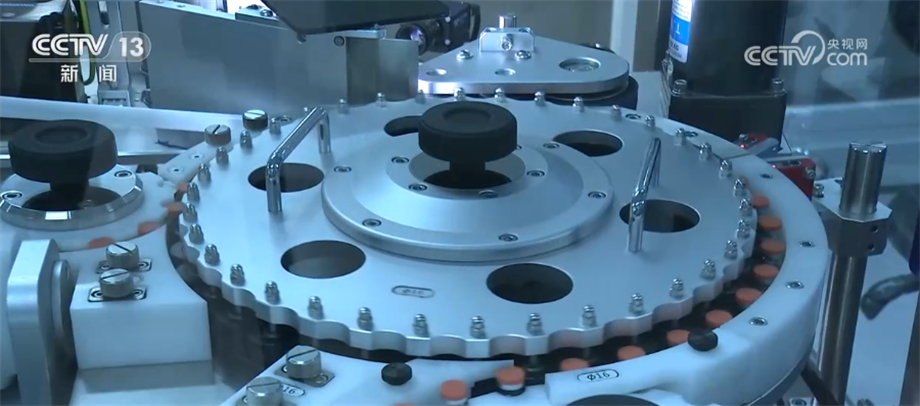[Market Review]
The three A-share indexes fell collectively last Friday. At the close, the Shanghai Composite Index fell by 0.49%, the Shenzhen Component Index fell by 0.78%, the Growth Enterprise Market Index fell by 1.08%, and the Beizheng 50 Index fell by 1.42%. The turnover of Shanghai, Shenzhen and Beijing was 814.7 billion yuan, including 810.2 billion yuan in Shanghai and Shenzhen, 2.6 billion yuan more than the previous day. More than 3,700 stocks in the two cities fell. The net sales of northbound funds was 7.385 billion yuan. In terms of plate theme, gold nonferrous metals, household appliances, oil exploitation, CPO, and scenic spots tourism were among the top gainers; The concepts of solid-state batteries, nuclear pollution prevention, aquaculture, flying cars and PET copper foil were among the top losers.
[breaking news]
He Lifeng: Make every effort to ensure the timely and quality delivery of real estate projects under construction and promote the stable and healthy development of the real estate market.
According to Xinhua News Agency, He Lifeng, member of the Political Bureau of the Communist Party of China (CPC) Central Committee and vice premier of the State Council, investigated the real estate work and presided over a forum in Zhengzhou from 13th to 14th. He Lifeng stressed that we should conscientiously study and implement the spirit of the important instructions of the Supreme Leader General Secretary and the decision-making arrangements of the CPC Central Committee in the State Council, further understand the importance of doing a good job in real estate, accelerate the implementation of the coordination mechanism for urban real estate financing, actively give financial support to compliant real estate projects that meet the requirements of the "white list", ensure that the projects are completed and delivered on time, effectively protect the legitimate rights and interests of buyers, stabilize expectations, and promote the stable and healthy development of the real estate market.
Vanke: At present, the tax authorities have not determined that Yantai Vanke has the subjective intention to evade taxes.
Vanke said during the investigation that the tax authorities inspected Yantai Vanke, and Vanke did not refuse to pay the accounts. At present, the tax authorities have not determined that Yantai Vanke has the subjective intention to evade taxes. Vanke does not have the behavior of conveying benefits to executives through the follow-up investment system. The police said that Xiao Jin’s case was his personal case and had nothing to do with Yantai’s report.
Vanke: At present, it has indeed encountered staged operational difficulties.
Vanke said in an investigation on April 14 that from the overall operating situation, Vanke did encounter staged operational difficulties at present, and its liquidity was under pressure in the short term. However, we have formulated a package of plans to stabilize operations and reduce liabilities, which can properly resolve these stage pressures. We will first base ourselves on "self-help", self-resolve risks based on our own capabilities and resources, reopen and review all the business in hand, sort out the classification, and formulate targeted programs. Therefore, the package I mentioned is not a plan, but a series of plans. Secondly, make full use of all kinds of existing financing tools. We have actively mobilized all front-line forces to make good use of a series of policy financing tools issued by the central government that are conducive to the industry to resolve risks. During this period, we got the understanding, support, guidance and help from financial institutions, and we are grateful. The ultimate goal of these big plans is what I said at the performance conference. We are confident that our debt scale will drop by 100 billion yuan this year and next, and the debt risk will be substantially resolved. Here I also solemnly promise that all projects of Vanke Group will be delivered on time and with high quality.
Israel’s airspace reopened.
According to the news of Israel Airport Authority on 14th local time, at 7: 30 local time (12: 30 Beijing time), Israel’s airspace has been reopened. Israel Airport Authority said on the night of 13th local time that due to the Iranian attack, Israel’s airspace will be closed from 0: 30 local time on 14th. (CCTV News)
Biden told Netanyahu that the United States will not support Israel’s counterattack against Iran.
According to the latest news from Axios News Network in the United States, US President Biden spoke with Israeli Prime Minister Benjamin Netanyahu later on the 13th local time. A senior White House official said that Biden said that the United States would not support Israel’s counterattack against Iran. According to the report, the White House official who disclosed the news said that Biden told Netanyahu that the joint defense of Israel, the United States and other countries in the region failed the Iranian attack. Biden also said to the latter, "You won, accept this victory." The report continued that the White House official said that when Biden told Netanyahu that the United States would not participate in any offensive actions against Iran and would not support such actions, Netanyahu expressed his understanding. (World Wide Web)
Foreign Ministry Spokesperson’s Remarks on Iran’s Military Strike on Israeli Territory
Foreign Ministry spokesman answered questions on Iran’s military attack on Israeli territory.
Q: It is reported that on April 14th, the Iranian Islamic Revolutionary Guards used ballistic missiles and drones to launch a military strike against Israeli territory. What is China’s comment on this?
A: China is deeply concerned about the escalation of the current situation and calls on relevant parties to maintain calm and restraint to avoid further escalation of tensions. This round of escalation is the latest manifestation of conflict spillover in Gaza. The urgent task is to effectively implement UN Security Council Resolution 2728 and calm the conflict in Gaza as soon as possible. China calls on the international community, especially influential countries, to play a constructive role in maintaining regional peace and stability. (Ministry of Foreign Affairs website)
The United States will convene a meeting of G-7 leaders on 14th to coordinate Iran’s diplomatic response to Israel.
According to Xinhua News Agency, the United States will convene a meeting of G-7 leaders on 14th to coordinate Iran’s diplomatic response to Israel.
The Israeli security cabinet authorized the wartime cabinet to make a decision on how to respond to the Iranian attack.
According to CCTV news, several Israeli media reported in the early morning of 14th local time that the Israeli security cabinet had authorized the wartime cabinet to make a decision on how to respond to Iran’s attack on Israel. This authorization means that the wartime cabinet, composed of Israeli Prime Minister Benjamin Netanyahu, Defense Minister galante and opposition leader Ganz, can decide how to respond to Iranian attacks in Israel without the consent of the security cabinet, thus simplifying the relevant processes when quick decisions are needed.
The UN Security Council will hold an emergency meeting on Iran’s attack on Israel on the 14th.
According to CCTV news, the UN Security Council will hold an emergency meeting on Iran’s attack on Israel on 14th.
Iran’s Permanent Mission to the United Nations said that Iran’s attack on Israel could be regarded as "over".
According to CCTV news, on April 14th, local time, the Permanent Mission of Iran to the United Nations posted on social media that Iran’s attack on Israel can be regarded as "over". The Permanent Mission of Iran to the United Nations stated that the Iranian military action was initiated in accordance with Article 51 of the Charter of the United Nations on legitimate defense. If Israel makes another "mistake", Iran’s response will be more severe. The delegation also warned the United States not to get involved in the conflict.
Iranian ballistic missiles hit Israeli territory
According to CCTV news, the video released by Iran’s official news agency shows that Iranian ballistic missiles hit Israeli territory.
Iranian Islamic Revolutionary Guard Corps: Iran Successfully Attacks Israeli Military Targets
On the 14th local time, the Iranian Islamic Revolutionary Guards issued a second statement on its military operations. The statement said that because international organizations, especially the UN Security Council, did not condemn Israel’s attacks on Iranian diplomatic institutions, Iran responded to Israeli crimes by using its strategic intelligence capabilities, missiles and drones to attack important military targets on Israeli territory and successfully hit and destroyed them. (CCTV News)
The Israeli army said that "a large number" of Israeli warplanes were ready to counter the Iranian attack.
According to CCTV news, according to the statement made by Israel Defense Forces spokesman Hagari on April 14th, local time, "a large number" of Israeli fighter planes are in the air ready to counter the Iranian attack.
Iran’s Islamic Revolutionary Guard Corps said it launched a crackdown on Israeli targets.
According to CCTV news, on the 14th local time, the Iranian Islamic Revolutionary Guards issued a statement on its military actions against Israel, which stated that in response to Israel’s crimes, including the attack on the consular office of the Iranian Embassy in Syria and the death of several military personnel, the Iranian Islamic Revolutionary Guards’ aerospace forces used dozens of drones and missiles to launch strikes against certain targets in Israel. The statement said that the details of the operation were supervised by the General Staff of the Iranian Armed Forces, approved by the Supreme Security Council of Iran, and cooperated with the Iranian Ministry of National Defense and the Iranian army. Earlier in the day, Iranian state television reported that Iran’s Islamic Revolutionary Guards launched intensive drone military operations against Israel.
Iran seizes a cargo ship related to Israel
Iran’s Tasneem News Agency reported today (April 13th) that the Iranian Islamic Revolutionary Guard Navy seized an Israeli-related cargo ship in the Persian Gulf. Yitong news agency reported that the ship is currently heading for Iranian waters. The Associated Press released a video earlier and reported that the container ship Aries, which may be flying the Portuguese flag, was detained on the way from UAE to India. This ship is related to Zodiac Shipping Company, headquartered in London, which belongs to the Zodiac Group in Israel. (CCTV International News)
The CSRC fully mobilized and implemented the new "National Nine Articles" and supporting policies and held training.
Recently, the CSRC held a mobilization meeting and policy training meeting to implement the "1+N" policy document, studied in depth "Several Opinions of the State Council on Strengthening Supervision and Preventing Risks to Promote the High-quality Development of the Capital Market" and supporting documents, and studied and deployed the implementation work of the CSRC system. Wu Qing, Party Secretary and Chairman of CSRC, attended the meeting and delivered a speech. Members of the Party Committee of CSRC attended the meeting. The meeting stressed that it is necessary to thoroughly study and understand the spirit of the new "Nine Articles of the State", effectively unify thoughts and actions with the decision-making and deployment of the CPC Central Committee and the State Council, enhance the sense of responsibility and mission of doing a good job in the capital market in the new era and new journey, and accelerate the implementation of the "1+N" policy system in the capital market. The meeting demanded that the implementation of the new "National Nine Articles" should be combined with the implementation of the spirit of the Central Financial Work Conference, combined with the establishment of systems, plugging loopholes and filling shortcomings in the capital market, improving the basic institutional system of the capital market and striving to enhance the inherent stability of the capital market. It is necessary to further refine the timetable and implementation measures of various tasks, strengthen policy training and publicity, do a good job in the formulation, revision, promulgation and implementation of supporting rules, and promptly promote the orderly implementation of key tasks. We must adhere to systematic thinking, strengthen overall planning and coordination, take the initiative to communicate with relevant ministries and local governments, and promote the formation of a joint force to implement the new "National Nine Articles". It is necessary to stick to the cutting edge inward, strengthen self-construction, deepen the comprehensive and strict management of the party and the anti-corruption struggle, improve the management of resigned personnel strictly, and deepen the special rectification of political and business "revolving door" and "escape resignation".Create a regulatory iron army with excellent politics, excellent ability and excellent style. (Issued by CSRC)
Guangdong: Carry out automobile trade-in and appropriately reduce the down payment ratio of passenger car loans.
The People’s Government of Guangdong Province issued a notice on the implementation plan of promoting large-scale equipment renewal and trade-in of consumer goods in Guangdong Province. It is mentioned that in order to strengthen policy guidance and promote automobile renewal consumption, Guangzhou and Shenzhen will further relax the restrictions on car licensing indicators. The Notice also mentioned that financial support will be optimized, and banking institutions will be encouraged to appropriately reduce the down payment ratio of passenger car loans and reasonably determine the term and credit line of auto loans under the premise of legal compliance and controllable risks. Encourage banking institutions to introduce loan policies to support the renewal of old trucks. (Guangdong Provincial People’s Government)
Quantitative private placement unscrambles the new rules for procedural transactions: it has a great influence on "pseudo-quantification" such as artificial T+0 board-beating.
On April 12th, the China Securities Regulatory Commission issued the Provisions on the Management of Programmatic Trading in the Securities Market (Trial) (Draft for Comment). A number of quantitative private placements said that the new regulations refer to high-frequency trading and fraud, which is bound to promote the further standardization of the domestic quantitative industry. A person in charge of a large-scale quantitative private placement believes that the new regulatory regulations mainly focus on transactions, and one of the core means is "reporting and withdrawing charges", which has a great impact on "pseudo-quantification" such as artificial T+0 (fraudulent behavior of frequently reporting and withdrawing orders), while mainstream quantification basically does not participate in such transactions, so it has little impact on mainstream quantification institutions. (Securities Times)
The People’s Bank of China held a promotion meeting on optimizing payment services in Zhejiang.
On April 11th, 2024, the People’s Bank of China held a promotion meeting on optimizing payment services in Zhejiang Province, strengthened cooperation with various departments and industries, guided and urged financial institutions in Zhejiang to intensify their work, and jointly promoted the optimization of payment services. The meeting pointed out that Zhejiang has a high level of foreign economic development and close economic and trade exchanges with overseas countries. It is of great significance to optimize payment services to optimize the business environment and achieve a high level of opening up. With the strong support of the Zhejiang Provincial Party Committee and the provincial government, Zhejiang summed up the successful experience of the 19th Asian Games in ensuring financial services, formulated a detailed work plan around the implementation of the Opinions, and launched eight "quality service areas" for payment facilitation, such as Hangzhou Hubin Business Circle and Yiwu China (), in combination with local realities, and made beneficial explorations in creating a diversified and inclusive payment service environment; Focus on food, housing, transportation and other scenarios to continuously optimize payment services, and achieved positive results in a short period of time. (China People’s Bank)
Shenzhen Stock Exchange: companies that have not paid dividends for many years or have a low dividend ratio are included in the "ST" situation.
The Shenzhen Stock Exchange has made the following optimized arrangements for the provisions on dividends in the Listing Rules of Stocks and the Listing Rules of Growth Enterprise Market. First, take strong restraint measures for dividends that are not up to standard. Incorporate companies that have not paid dividends for many years or have a low dividend ratio into the situation of "implementing other risk warnings" (ST). As for the main board, ST will be implemented for companies that meet the basic conditions for dividends, and the total accumulated cash dividends in the last three fiscal years are less than 30% of the average annual net profit, and the accumulated dividends are less than 50 million yuan. For GEM, considering the characteristics of different sectors and the differences of companies, the absolute standard of dividend amount will be lowered to 30 million yuan. At the same time, GEM companies whose accumulated R&D investment accounts for more than 15% of accumulated operating income in the last three years or whose accumulated R&D investment in the last three years is more than 300 million yuan may be exempted from implementing ST. The repurchase cancellation amount is included in the calculation of cash dividend amount. (Shenzhen Stock Exchange website)
Shenzhen Stock Exchange: Revise the listing conditions of GEM to highlight its anti-risk ability and growth.
The Shenzhen Stock Exchange said that the newly revised Listing Rules for GEM stocks moderately raised the net profit index of the first set of listing standards on the GEM, raised the net profit index in the last two years from 50 million yuan to 100 million yuan, and added the requirement that the net profit in the last year should not be less than 60 million yuan, highlighting the company’s ability to resist risks; Appropriately raise the estimated market value, income and other indicators of the second set of listing standards for the Growth Enterprise Market, increase the estimated market value from 1 billion yuan to 1.5 billion yuan, and increase the operating income from 100 million yuan to 400 million yuan in the last year, and support the listing of enterprises whose scale, industry and development stage meet the requirements of the positioning of the Growth Enterprise Market. (Shenzhen Stock Exchange website)
The Ministry of Foreign Affairs confirmed that Wang Yi should make an appointment to talk to Blinken.
According to the Global Times, Foreign Ministry spokeswoman Mao Ning said that on the evening of April 11th, Member the Political Bureau of the Communist Party of China (CPC) Central Committee and Foreign Minister Wang Yi had a telephone conversation with US Secretary of State Blinken at an appointment, and Secretary Blinken informed the US about the current situation in the Middle East. Foreign Minister Wang Yi said that China strongly condemned the attack on the Iranian embassy in Syria, stressing that the security of diplomatic institutions should be inviolable and the sovereignty of Iran and Syria should be respected.
The State Council: In the next five years, the overall framework for the high-quality development of the capital market will basically be formed.
The State Council issued several opinions on strengthening supervision, preventing risks and promoting the high-quality development of the capital market. In the next five years, the overall framework for the high-quality development of the capital market will basically be formed. The institutional mechanism of investor protection is more perfect. The quality and structure of listed companies have been significantly optimized, and the strength and service ability of securities fund futures institutions have been continuously enhanced. The ability and effectiveness of capital market supervision have been greatly improved. A good ecology of the capital market has been accelerated. By 2035, a highly adaptable, competitive and inclusive capital market will be basically established, and the legitimate rights and interests of investors will be more effectively protected. The investment and financing structure tends to be reasonable, the quality of listed companies has been significantly improved, and the construction of first-class investment banks and investment institutions has made remarkable progress. The capital market supervision system and mechanism are more complete. By the middle of this century, the modernization level of capital market governance system and governance capacity will be further improved, and a high-quality capital market will be built to match the financial power.
The State Council: Study on incorporating the market value management of listed companies into the internal and external evaluation system of enterprises.
The State Council: To study how to incorporate the market value management of listed companies into the internal and external evaluation system of enterprises. Guide listed companies to buy back shares and cancel them according to law. Encourage listed companies to focus on their main business and comprehensively use mergers and acquisitions, equity incentives and other means to improve the quality of development. Strictly crack down on illegal acts such as market manipulation and insider trading in the name of market value management according to law.
The State Council: Deepen the reform of delisting system and strengthen the supervision of mergers and acquisitions
The State Council issued several opinions on strengthening supervision, preventing risks and promoting the high-quality development of the capital market. The opinion proposes to deepen the reform of delisting system and accelerate the formation of a normalized delisting pattern that should be retired and cleared in time. Further strict mandatory delisting standards. Establish and improve a differentiated delisting standard system for different sectors. Scientifically set the scope of application of major illegal delisting. Tighten financial delisting indicators. Improve the market value standards and other trading delisting indicators. Increase the implementation of normative delisting. Further unblock multiple delisting channels. Improve policies and regulations such as absorption and merger, encourage and guide the head company to strengthen the integration of listed companies in the industrial chain based on its main business. Further reduce the value of "shell" resources. Strengthen the supervision of mergers and acquisitions, strengthen the relevance of the main business, strictly control the quality of injected assets, increase the supervision of "backdoor listing", and accurately crack down on all kinds of illegal "shell-protecting" behaviors. Further strengthen delisting supervision. Strictly withdraw from the market, and severely crack down on illegal activities such as financial fraud and market manipulation that maliciously evade delisting. Improve the investor compensation and relief mechanism in the process of delisting, and the controlling shareholders, actual controllers, directors and senior executives who are responsible for major illegal delisting should compensate investors for their losses according to law.
The State Council: Intensify joint crackdown on securities and futures crimes.
A few days ago, the State Council issued "Several Opinions on Strengthening Supervision, Preventing Risks and Promoting the High-quality Development of the Capital Market". The "Opinions" require that the rule of law in the capital market should be strengthened, the joint crackdown on securities and futures crimes should be intensified, the coordination between the central and inter-ministerial departments should be deepened, and an iron army with excellent politics, ability and style should be built to promote the formation of a joint force to promote the high-quality development of the capital market.
The State Council: We must vigorously promote medium and long-term funds to enter the market and vigorously develop equity Public Offering of Fund.
A few days ago, the State Council issued "Several Opinions on Strengthening Supervision, Preventing Risks and Promoting the High-quality Development of the Capital Market". The "Opinions" require the establishment of a market ecology that fosters long-term investment, the improvement of the basic system that adapts to long-term investment, and the establishment of a policy system that supports "long-term investment with long money". Vigorously develop equity Public Offering of Fund and substantially increase the proportion of equity funds. Establish a fast approval channel for transactional open index funds (ETFs) to promote the development of indexed investment. We will comprehensively strengthen the investment and research capabilities of fund companies, enrich Public Offering of Fund’s investable product categories and investment portfolios, and change from scale orientation to investor return orientation. We will steadily reduce the comprehensive rate of industries in Public Offering of Fund, and study and standardize the salary system of fund managers. Revise the classified evaluation system of fund managers, and urge them to firmly establish the concepts of rational investment, value investment and long-term investment. Support the steady development of private equity investment funds and private equity asset management business, and enhance the stability of investment behavior. Optimize the policy environment for equity investment of insurance funds, implement and improve the performance evaluation methods of state-owned insurance companies, and better encourage long-term equity investment. Improve the supervision system of insurance fund equity investment and optimize the information disclosure requirements of listed insurance companies. Improve the investment policies of the national social security fund and the basic old-age insurance fund. Improve the flexibility of investment in enterprise annuities and personal pensions. Encourage bank wealth management and trust funds to actively participate in the capital market and increase the scale of equity investment.
[Important Announcement]
[Institutional point of view]
[A little knowledge every day]


